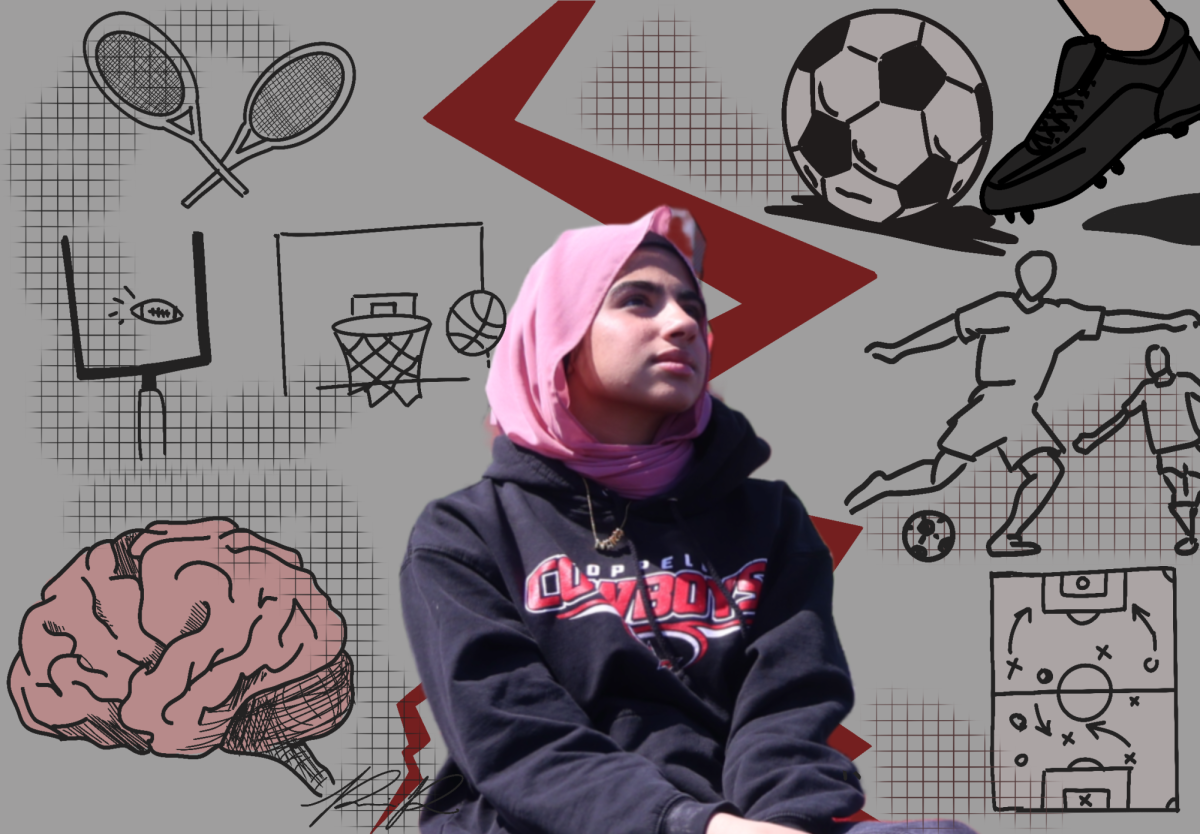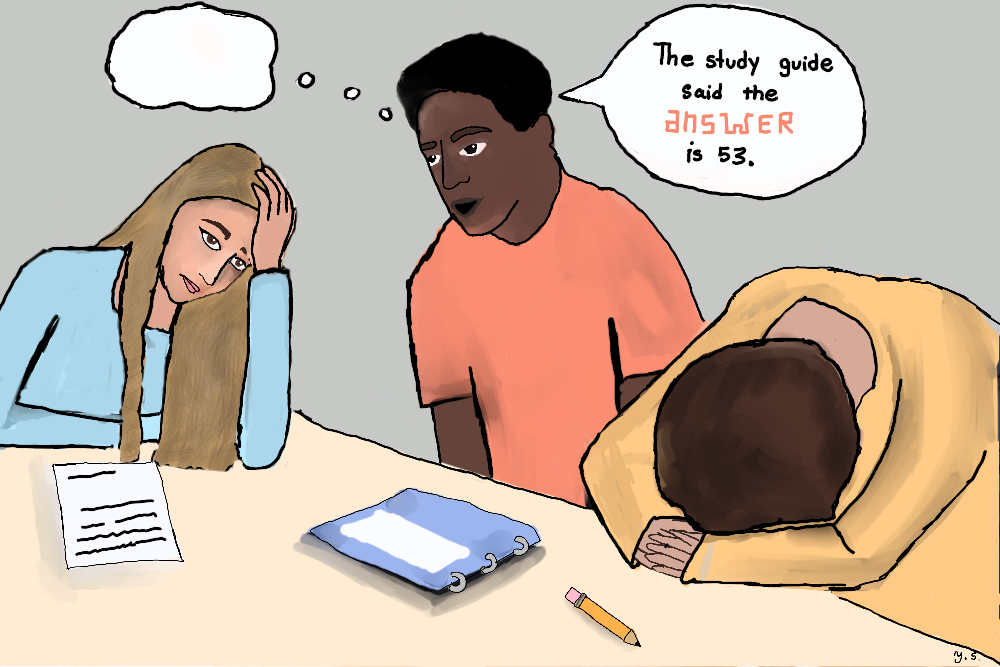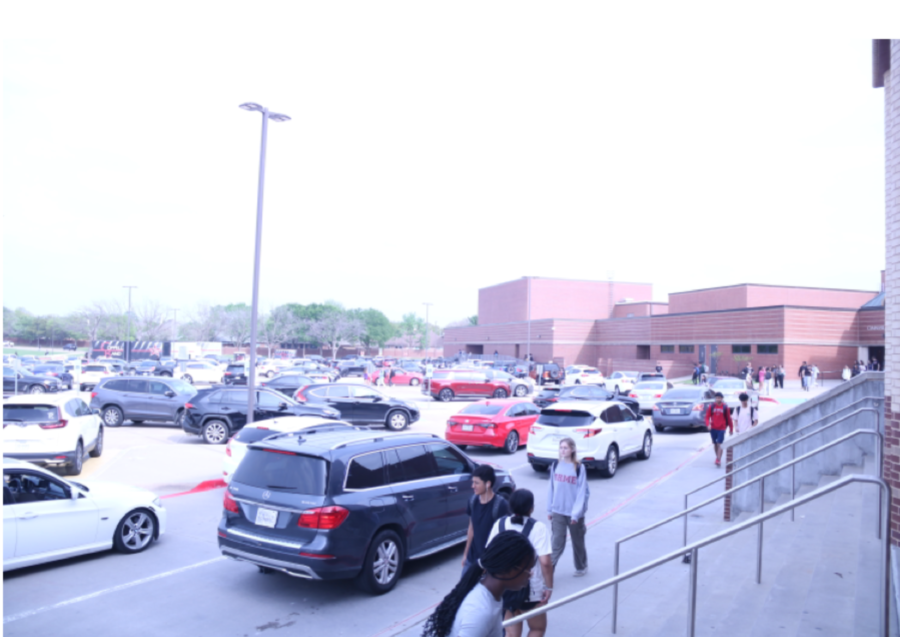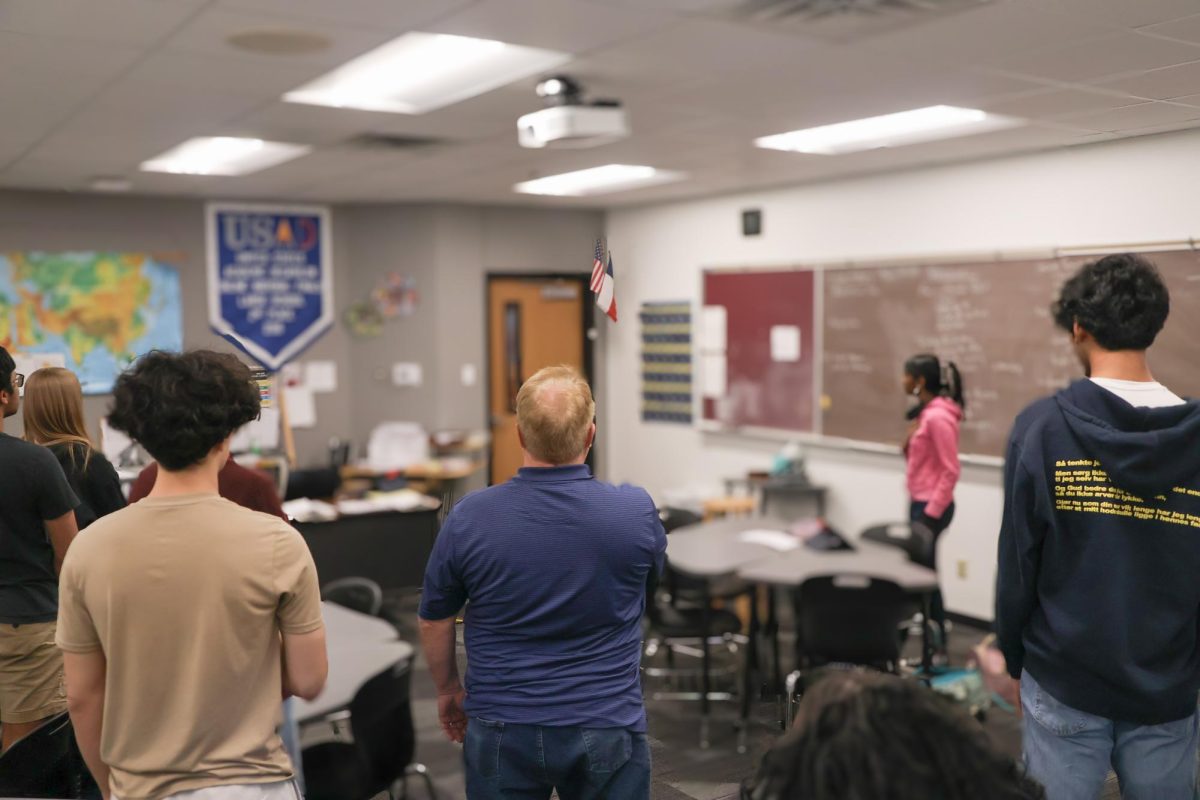Alexandra Dalton
Staff Writer
@alex_dalton04
As I scurry through the hallways in between classes I can always count on one thing; complaints. One of the best talents of teenagers is to find absolutely any topic on this earth and rant to their friends about how irritating it is to them.
Because of the consistent occupancy of teenagers in high school, it is not surprising that teachers are the main target to these harsh conversations. From the assignments they give, their behavior and expectations, students will find any way to argue about how their teacher is the roughest.
Although normally I listen to these conversations unfazed, there is one complaint that upsets me the most, to the bewilderment of my peers. Kids are always complaining about the complexity of their work and how teachers ask too much of them when it comes to critical thinking.
We should not be upset when a teacher asks us to have a deeper understanding of the subject because it will only benefit us in the long run. Instead of the harder work, we choose to memorize facts for the test tomorrow, or terms for our language quiz.
My generation is always complaining about the complexity of their work and how teachers ask too much of them when it comes to critical thinking, but we should be grateful they are pushing our limits. Without being challenged, there is no growth, and believe it or not, critical thinking is a necessary skill to be successful in life. However, the opportunity to exercise this has been robbed from us.
Students would rather find the answers to a worksheet on Google than think about the depth of the questions that are being asked. We focus on the thickness of our notes or the papers that must have all of the specific requirements over whether or not we understand the big picture.
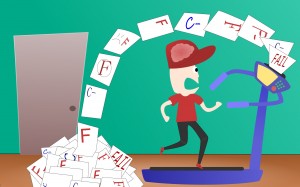
The Finnish school system has avoided these problems with some unorthodox forms of education. Not starting school until the age 7, students are not measured for the first six years of their education. All students are taught in the same classroom, yet each student receives 30 percent more attention in their first nine years of schooling making the gap between the weaker and stronger students the smallest gap in the world.
This results with a 93 percent high school graduation rate compared to that of the United States which is at 80 percent.
As much as adults would like to say we do this to ourselves; we are being pushed to new levels and are just trying to keep up. In an attempt to do that, students are finding any way to make sure they are at the same levels of their peers. This is just the generation’s way of dealing with the progression.
While this makes us appear lazy, it also represents the opposite. If the educational system gave students more time to process the information maybe they would not feel so inclined to just memorize it. We are coping with their teaching habits, trying to set ourselves up best for our future which is completely based on the numbers, not on how much you really know.
Progress is always beneficial, but you have to give a little to get a little. Give students extra time to learn, extra time to discuss the topic, dissect the problems and maybe they will surprise you with how much they can really think.
Pondering about something you are learning is the purest form of education and knowledge but the school system is more concerned with speed, so the quality is overlooked. Instead, quantity and meeting a certain point in the curriculum is number one.
There is a need for a fine balance of quantity versus quality, and really, students are just trying to do their best with the tools and time limits they are given.
I will still roll my eyes when I see a student complain about the hard worksheets they are handed, but I cannot ignore the fact that they have the right to be upset. Students want to learn, they just want to learn through something other than a textbook or the never ending number of definitions. Teenagers want to learn about things they will remember next year and memorization or Google cheat sheets cannot do that for them.



